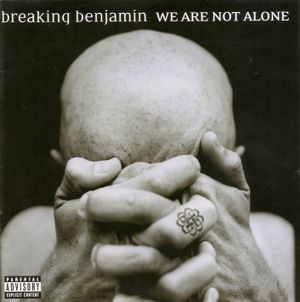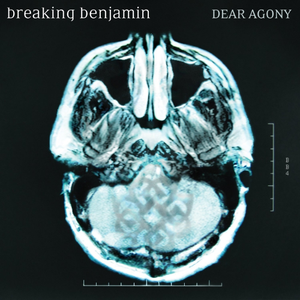

Breaking Benjamin
Follow Your Favorite Band Today!
Top Breaking Benjamin Community Posts
Story of Breaking Benjamin
Breaking Benjamin: A Story of Resilience and Enduring Sound
Breaking Benjamin, hailing from the heartland of Wilkes-Barre, Pennsylvania, burst onto the scene in 1999 with a sonic force spearheaded by frontman and guitarist Benjamin Burnley and drummer Jeremy Hummel. Their initial lineup, rounded out by guitarist Aaron Fink and bassist Mark James Klepaski, unleashed their debut album, Saturate, in 2002, followed by We Are Not Alone in 2004. The band's raw energy and powerful sound quickly captured attention, but a shift in the rhythm section occurred in 2005 with the arrival of Chad Szeliga on drums.
This new chapter saw the release of two critically acclaimed albums, Phobia (2006) and Dear Agony (2009), solidifying Breaking Benjamin's status as a force in the rock world. However, the band went on an extended hiatus in early 2010 as Burnley battled recurring health issues.
Amidst this silence, a storm brewed within the band. The unauthorized release of a compilation album, Shallow Bay: The Best of Breaking Benjamin (2011), ignited legal turmoil, leading to the departures of Fink and Klepaski. Further upheaval followed in 2013 when Szeliga left due to creative differences. Burnley, the band's driving force, found himself as the sole remaining member.
Undeterred, Burnley rallied, assembling a new lineup in late 2014 that included bassist/backing vocalist Aaron Bruch, guitarist/backing vocalist Keith Wallen, guitarist Jasen Rauch, and drummer Shaun Foist. This fresh energy led to the release of Dark Before Dawn (2015), which stormed the Billboard 200 charts at number one, followed by Ember (2018) hitting number three. The band then surprised fans with a compilation album, Aurora (2020), showcasing acoustic interpretations of their hits alongside a brand new original track.
Through these trials and triumphs, Breaking Benjamin's musical foundation has remained steadfast, with Burnley at the helm as the primary composer and vocalist. Despite the ever-shifting lineups, the band's raw power, signature sound, and emotionally charged lyrics have continued to resonate with audiences, cementing their legacy as a rock powerhouse.
Frequently Asked Questions
Bands you may like
More Alternative Rock Bands
Discover more bands in the Alternative Rock genre and explore the diverse sounds that define this musical style.
Browse All Alternative Rock BandsMore Bands from United States
Discover the rich musical heritage of United States and explore bands that represent the country's unique sound and culture.
Browse All United States Bands






